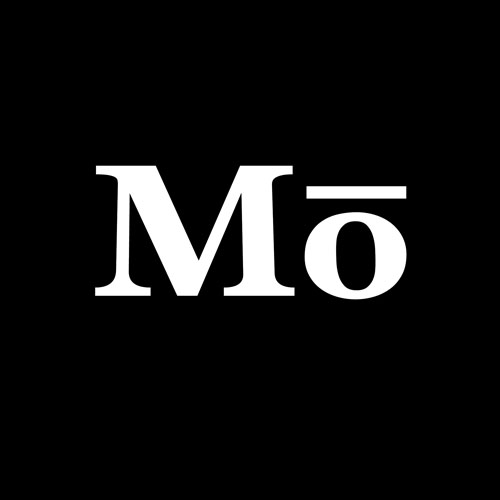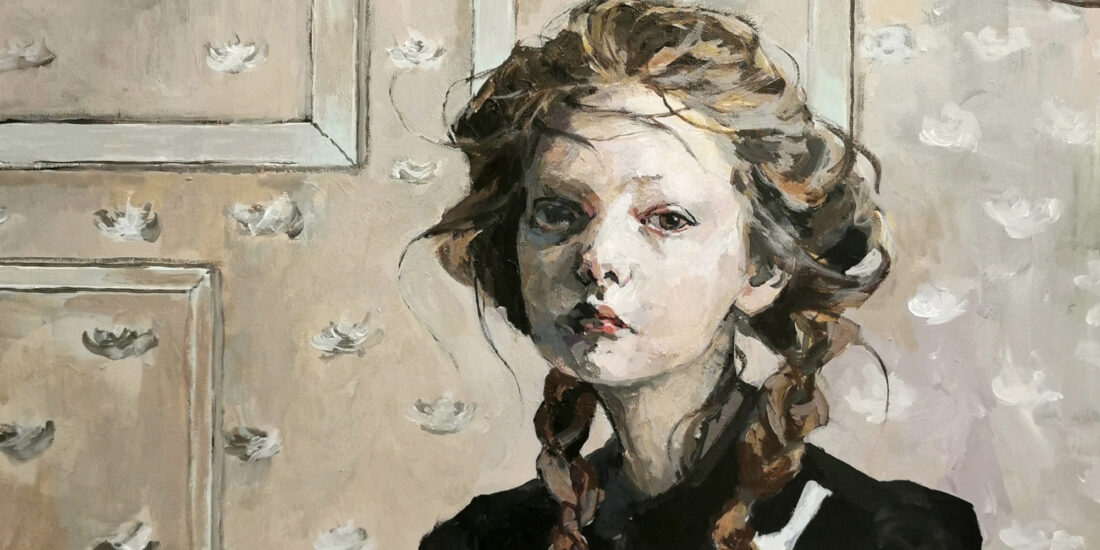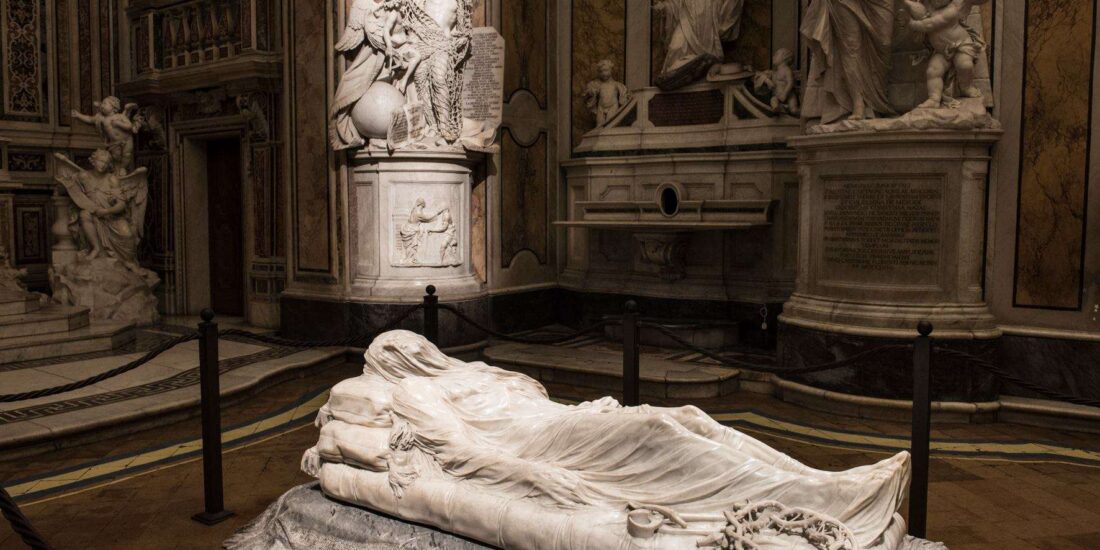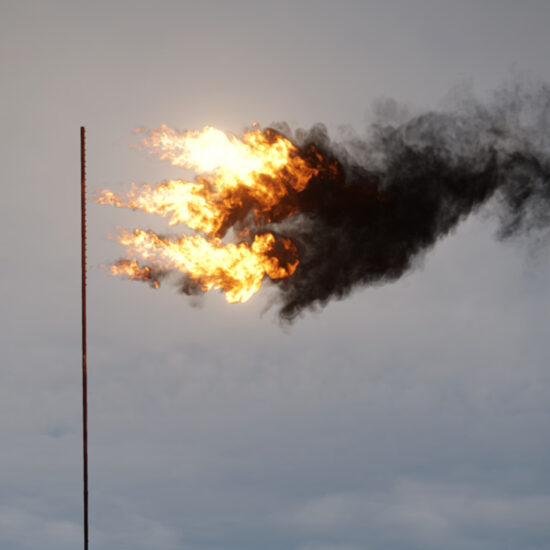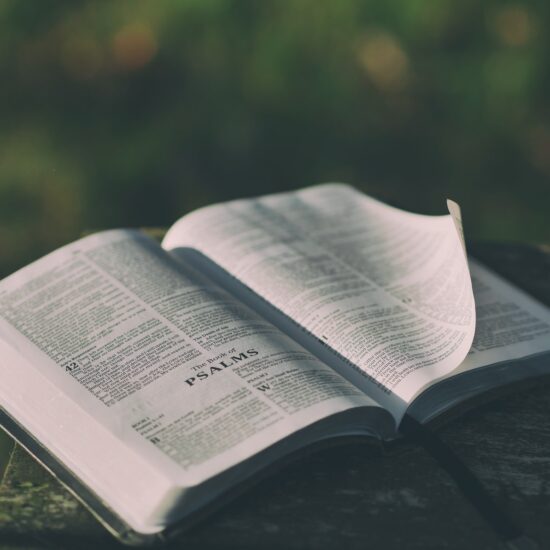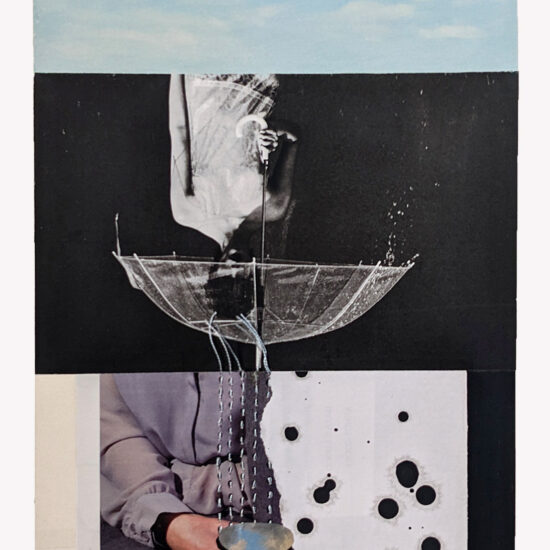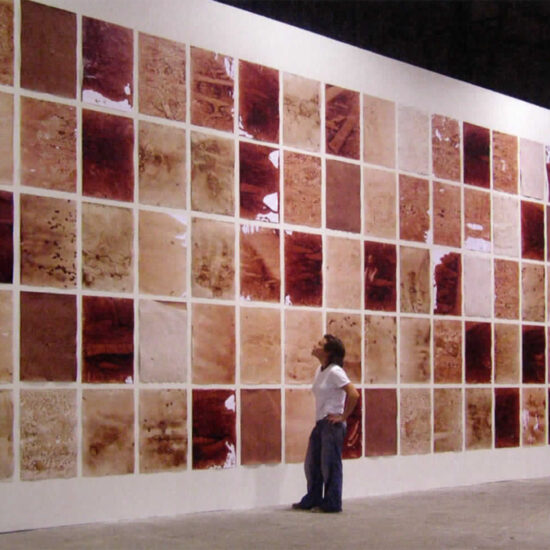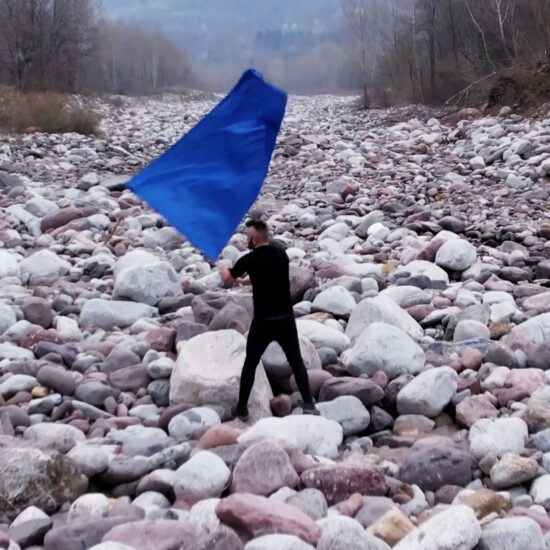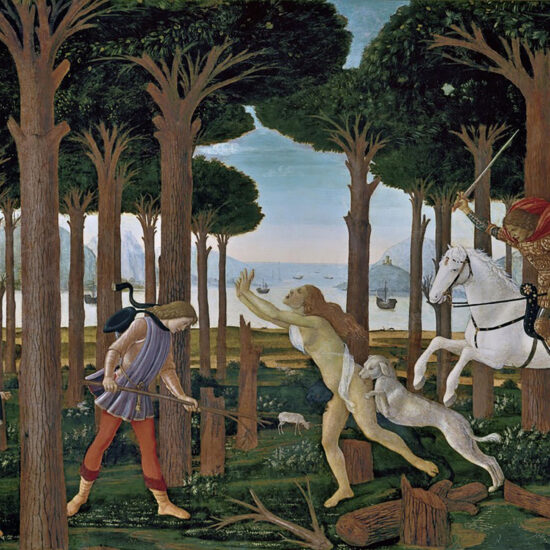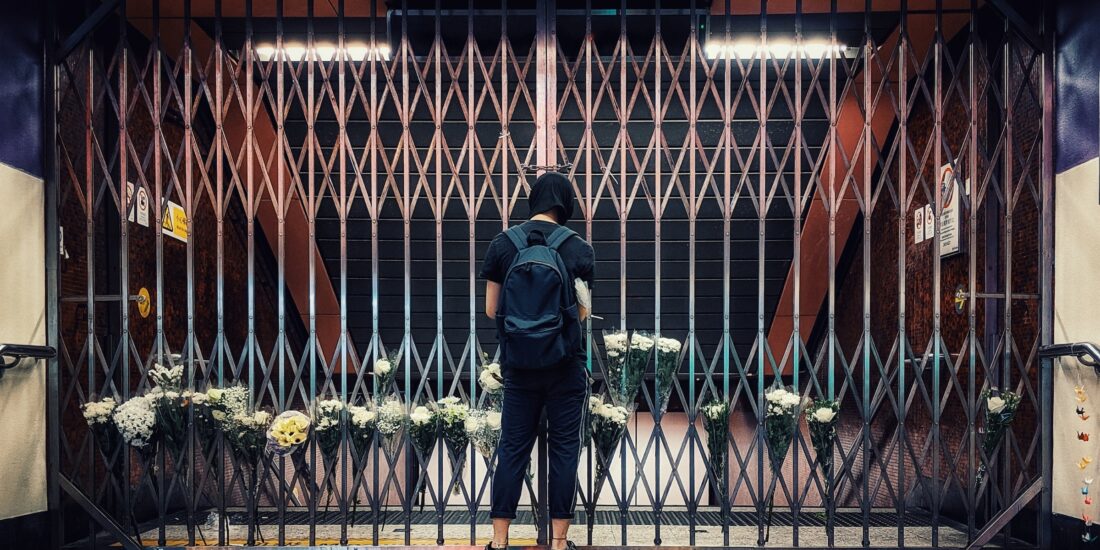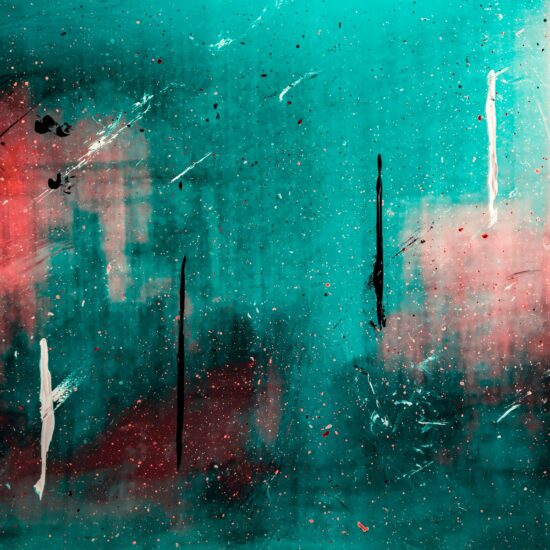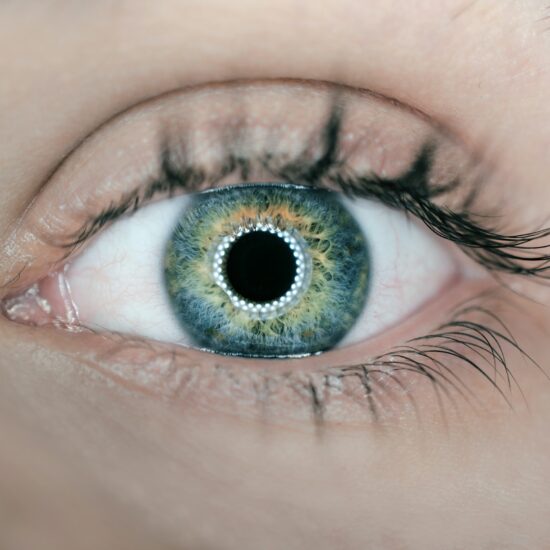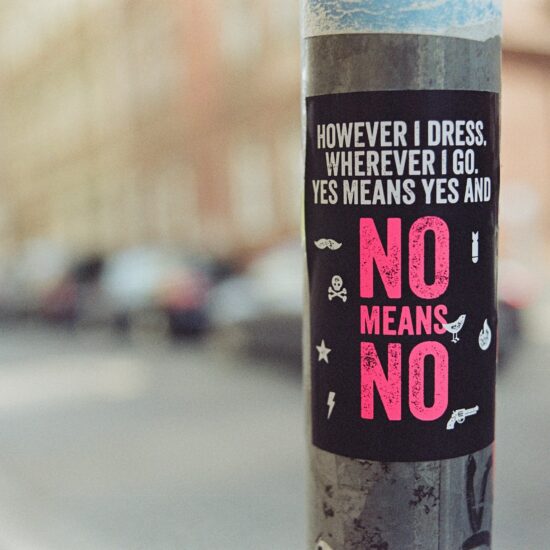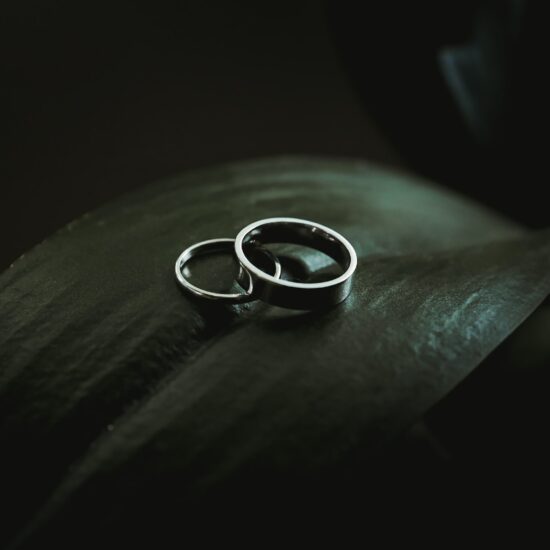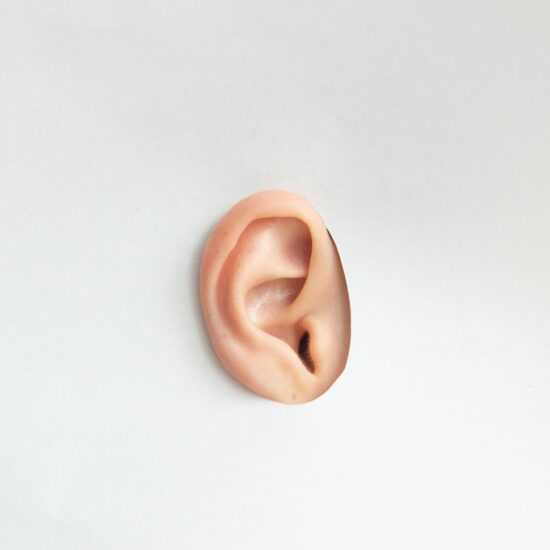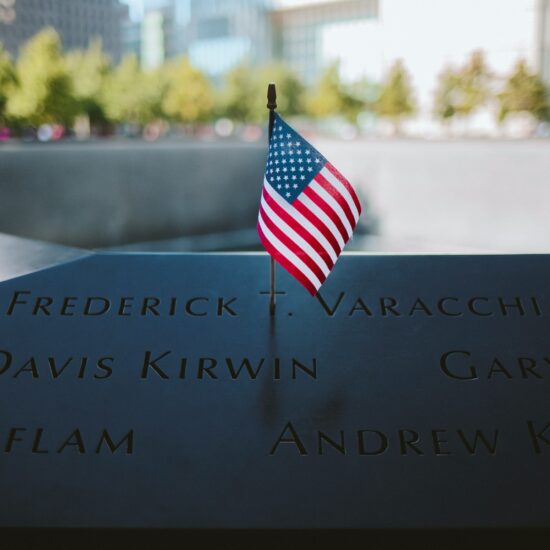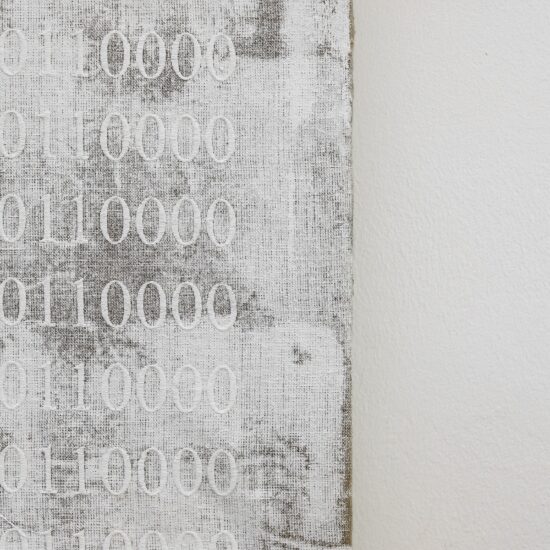MONOLITH VOLUME XX: Forgiveness
What does it mean to forgive? Perhaps, entering the veiled archeology of life, deciphering the small remaining signs, the legacy that time affects. To say: I forgive you, is to enter irremediably in contact with the other, to receive him, to touch those who have touched us. It is welcoming those who have mistreated us, it is receiving the abominable, giving the inhuman. Asking for forgiveness, on the other hand, is in the hemisphere of justice: I ask you for forgiveness, it is restoring the rules, playing wildly with time to anticipate the other, so as not to be expelled, kicked out. It is the movement of caring, of peace, but also of cunning, of calculation, of invisible prevarication on the other in order to dominate him.
Forgiveness, then, is a never-ending experience that escapes the snare of definition and that familiarizes us with the phenomenon of the remote: what remains of us seems more alive and closer than anywhere else.
Forgiveness, or a single forgiveness, touches the indeterminate which is its peculiar character. The grace of waiting and rendering, out of the link of cause and effect; out of the relative conjectures of good and evil. Forgiveness is an immersion in reality and modeling on the invisible dimension of living: the one from which everyday life risks moving us away due to its rhythms, its constant requests, its frustrations as a civilization. Forgiveness starts from far away or from the adjacent detail: a possible antechamber where expectations win over shareholdings; the eve of experiences. A state of recognition and grace, which should be handed down by word of mouth for a choral and affirmative education. Forgiveness is the loving act. Forgiveness is the impossible.
OUR AUTHORS | CONTRIBUTIONS
Cosa vuol dire perdonare? Forse, entrare nella velata archeologia della vita, decifrarne i piccoli segni rimasti, l’eredità che il tempo intacca.
Dire: io ti perdono, è entrare irrimediabilmente in contatto con l’altro, riceverlo, toccare chi ci ha toccato. È accogliere chi ci ha maltrattato, è ricevere l’abominevole, donare il disumano. Domandare perdono invece è nell’emisfero della giustizia: ti chiedo perdono, è un ripristinare le regole, un giocare forsennatamente con il tempo per anticipare l’altro, per non farci espellere, cacciare. È il moto dell’aver cura, della pace, ma anche della furbizia, del calcolo, della prevaricazione invisibile sull’altro per dominarlo.
Il perdono allora è un’esperienza mai finita che sfugge all’insidia della definizione e che familiarizza con il fenomeno del remoto: quel che di noi è rimasto ci pare più vivo e vicino di qualsiasi altrove.
Il perdono, o un perdono, lambisce l’indeterminato che è suo carattere peculiare. La grazia di attendere e rendere, fuori dal nesso di causa ed effetto; fuori dalle congetture relative del bene e del male. Perdonare è un’immersione nel reale e modellamento sulla dimensione invisibile del vivere: quella da cui il quotidiano ogni giorno rischia di allontanarci a causa dei suoi ritmi, delle sue richieste continue, le sue frustrazioni in veste di civiltà. Il perdono parte da molto lontano oppure dal dettaglio dell’adiacente: una possibile anticamera dove le attese vincono sulle partecipazioni; le vigilie sulle esperienze. Uno stato di riconoscimento e di grazia, che andrebbe tramandato di bocca in bocca per un’educazione corale e affermativa. Perdonare è l’atto amorevole. Perdonare è l’impossibile.
C.S. | M.M.

